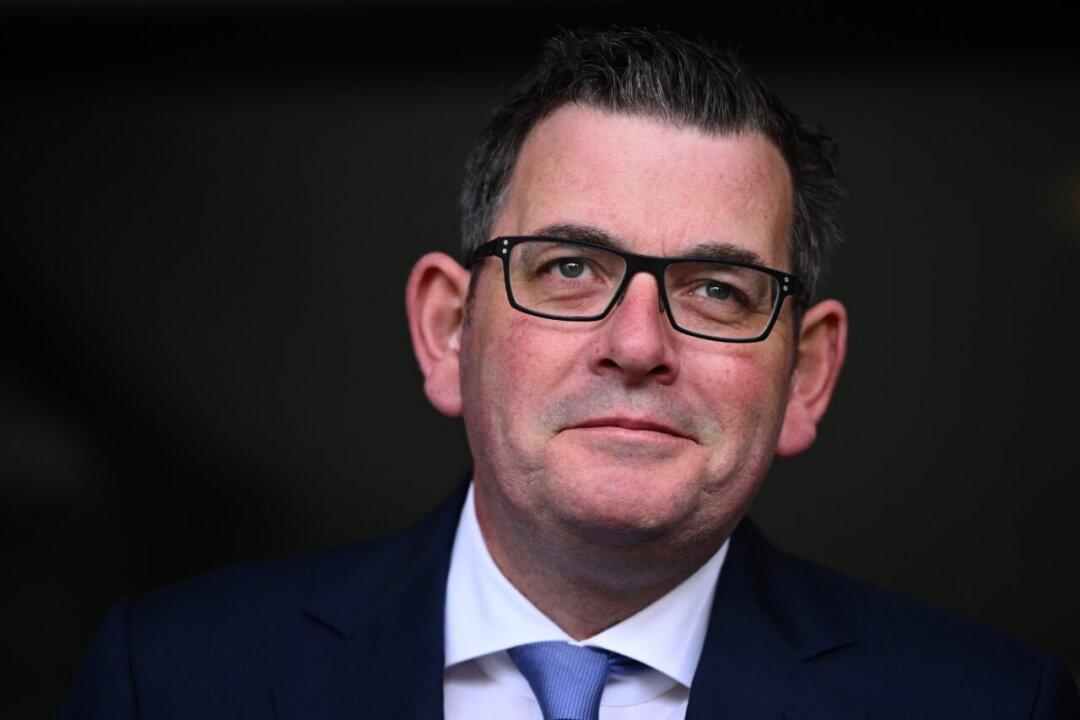Victorian Premier Daniel Andrews will remain the highest-paid state governor in Australia, with a new salary of almost half a million dollars.
This comes after the Victorian Independent Remuneration Tribunal (VIRT), which is responsible for setting remuneration for state MPs, local councillors and executives in the public sector, announced a 3.5 percent increase in MP salaries and expense allowances for the 2023-2024 financial year.





